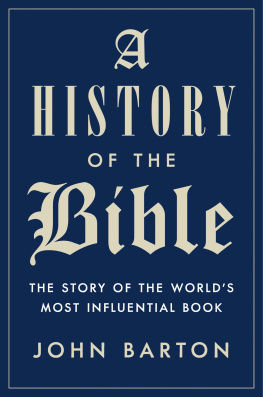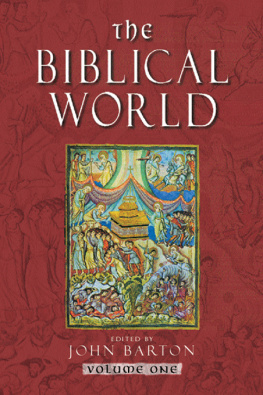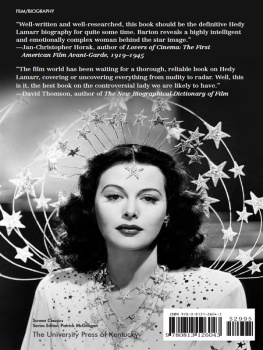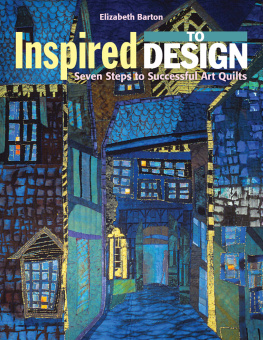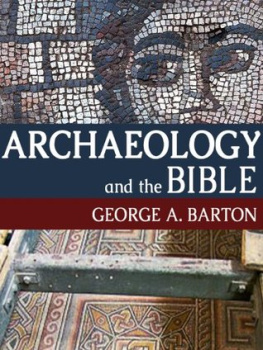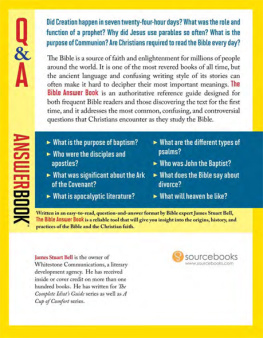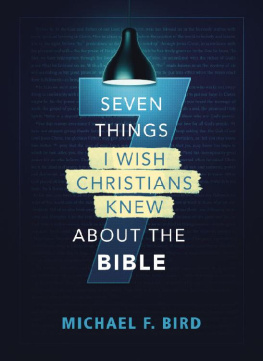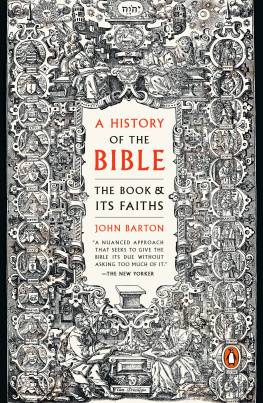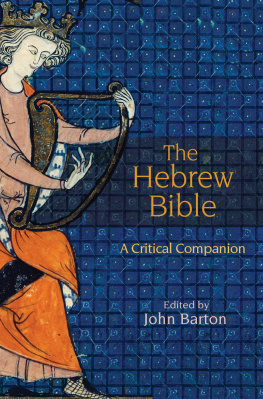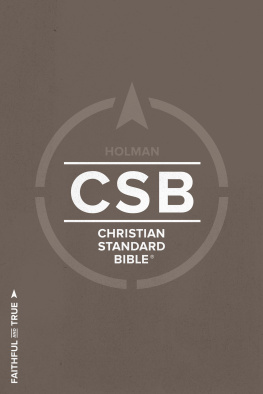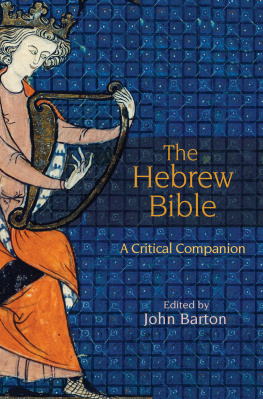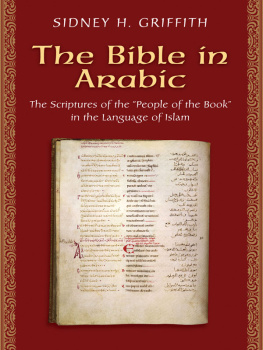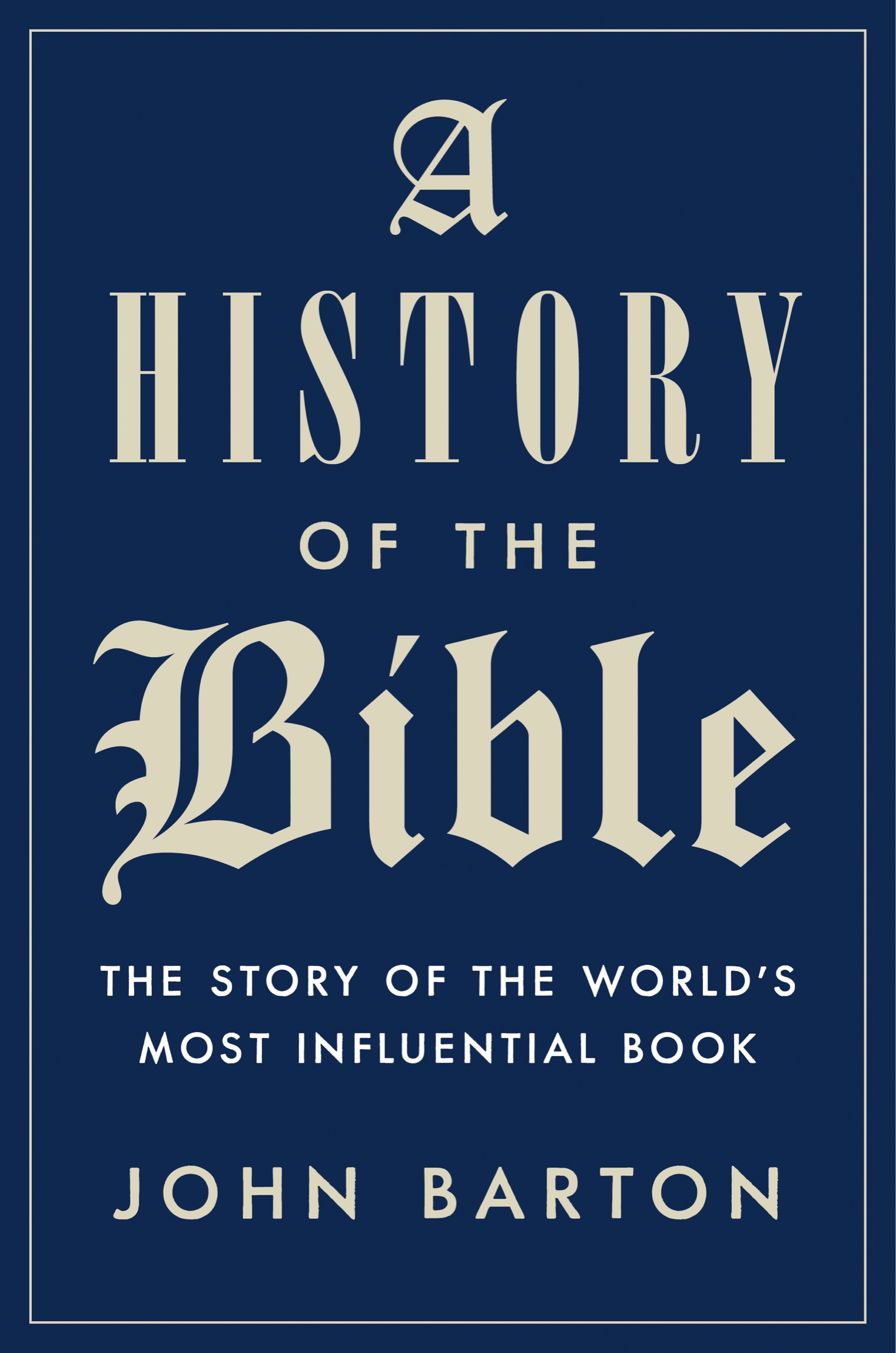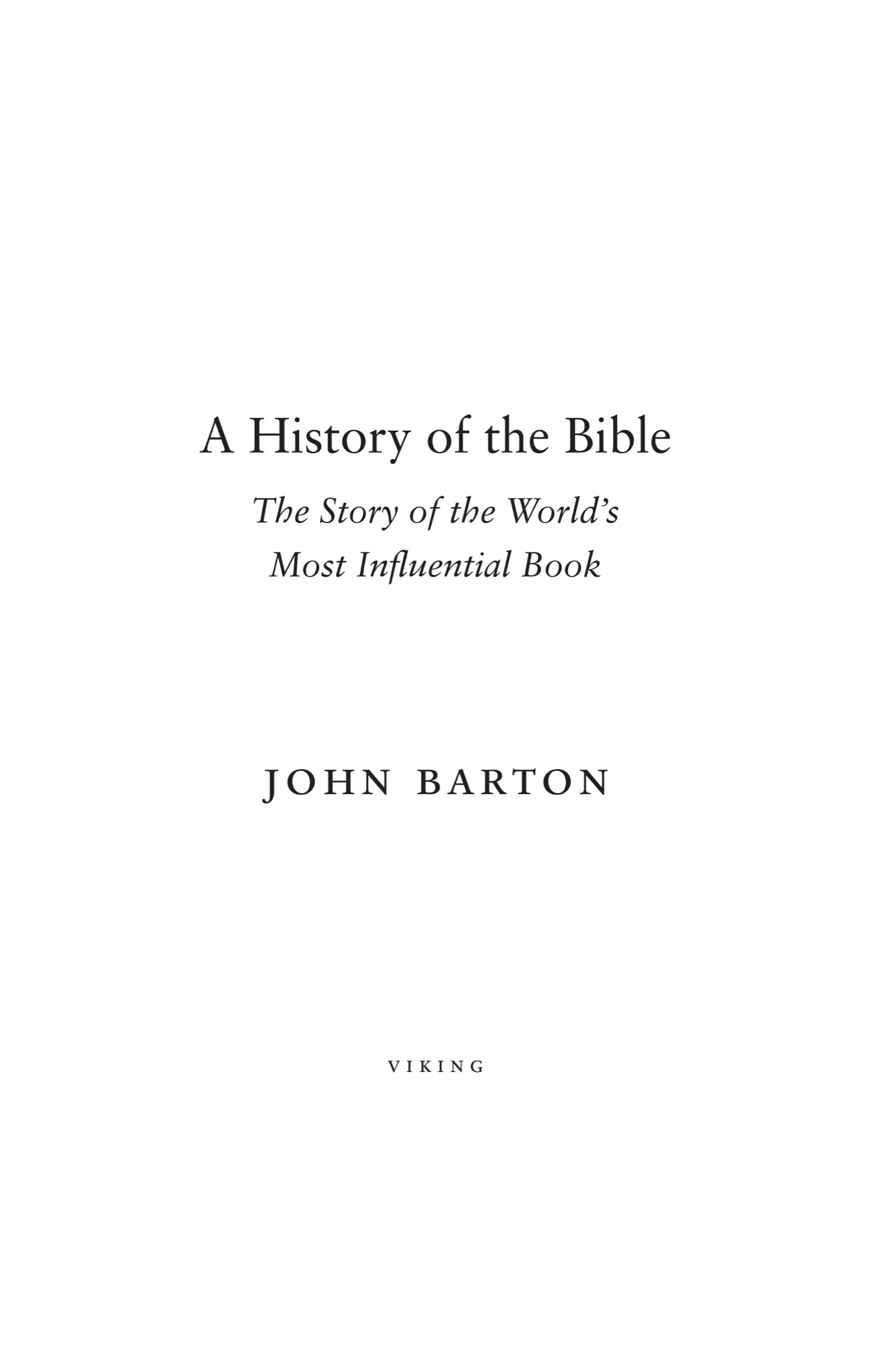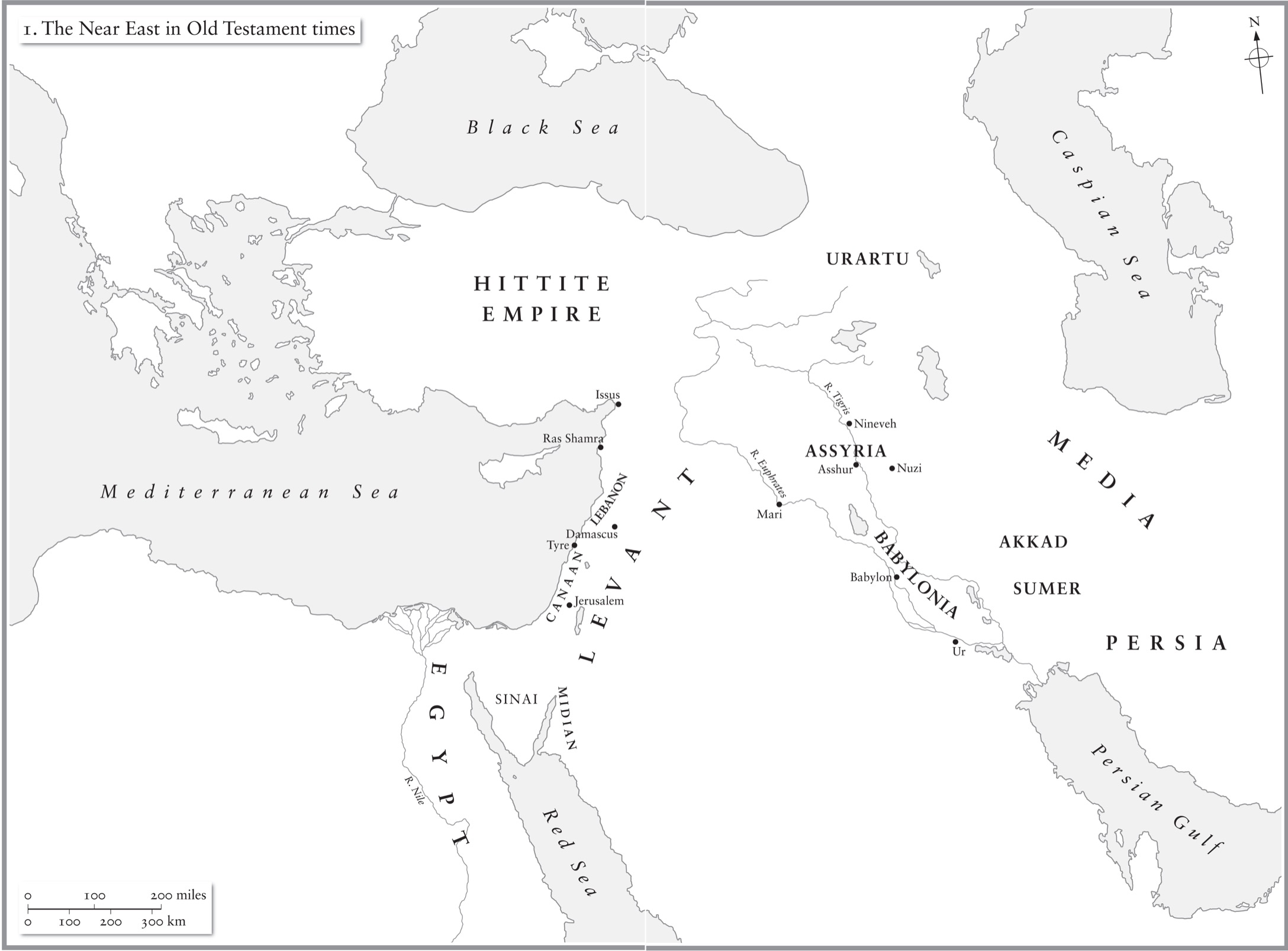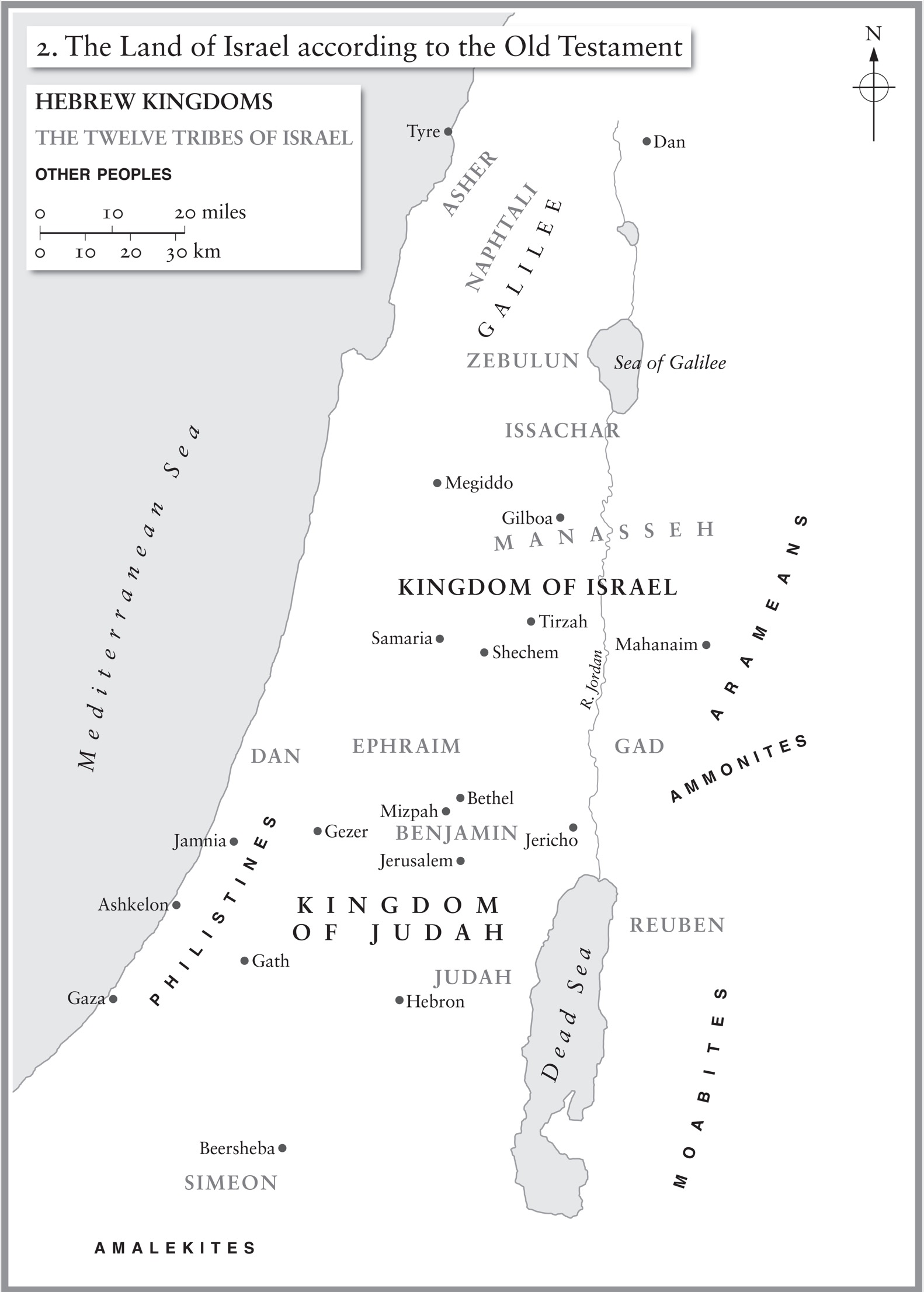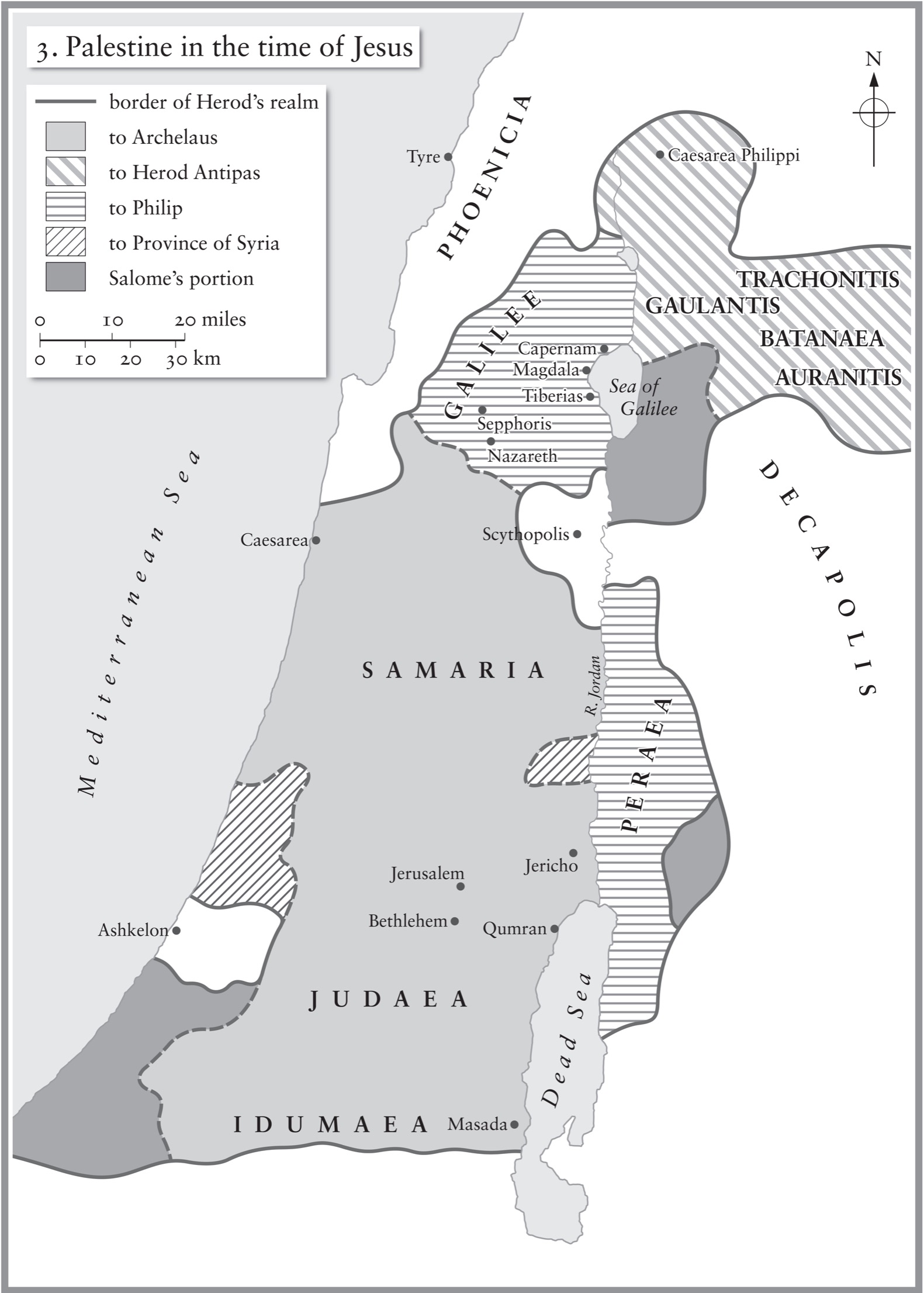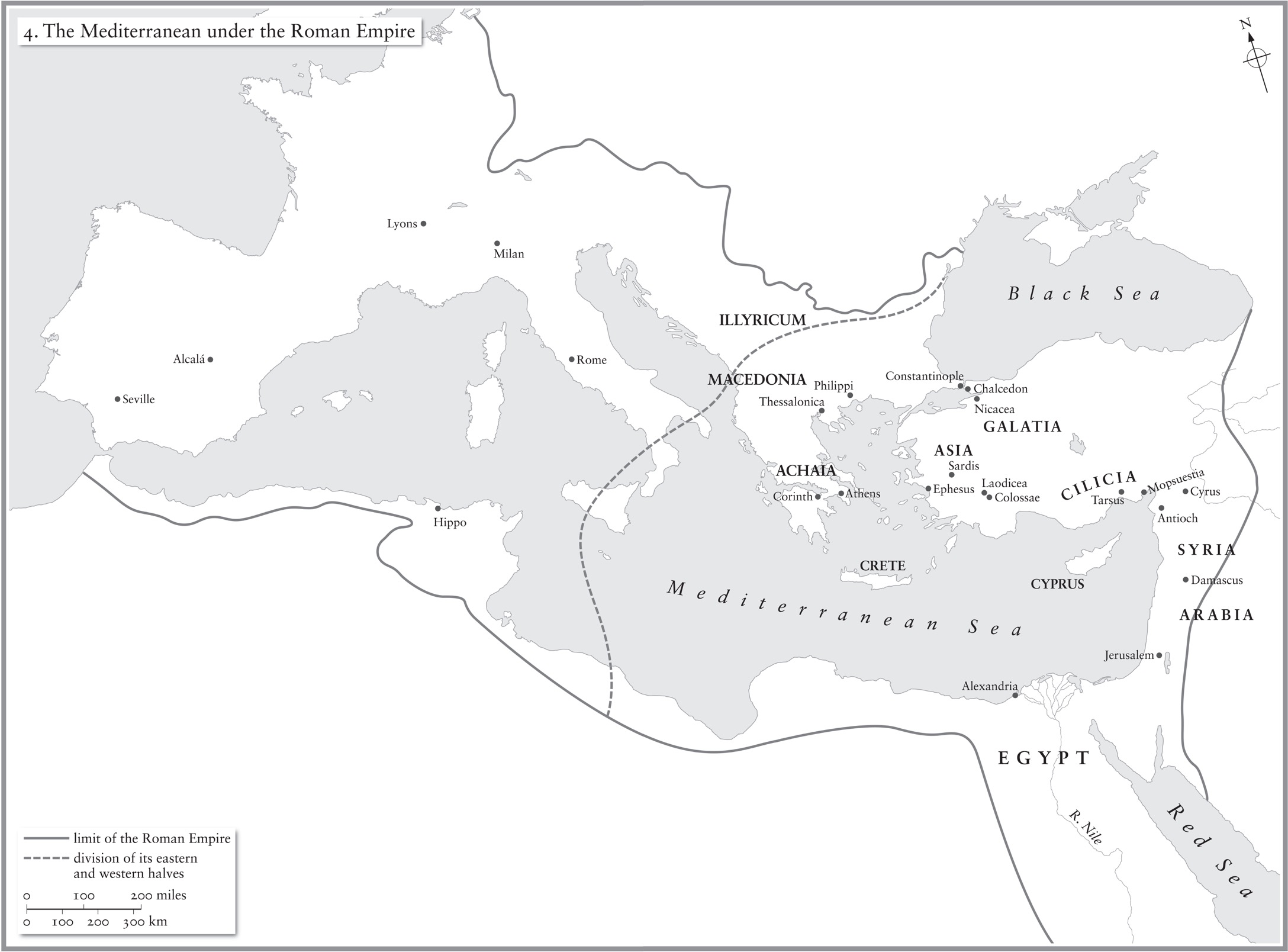Penguin supports copyright. Copyright fuels creativity, encourages diverse voices, promotes free speech, and creates a vibrant culture. Thank you for buying an authorized edition of this book and for complying with copyright laws by not reproducing, scanning, or distributing any part of it in any form without permission. You are supporting writers and allowing Penguin to continue to publish books for every reader.
First published in Great Britain by Allen Lane, an imprint of Penguin Random House UK
Illustration credits on .
List of Illustrations
: The beginning of the Community Rule scroll, found in cave 1 at Qumran. Israel Museum, Jerusalem, 1QS. Bridgeman Images
: Fragments of the Gospel of St Matthew from p45, a codex from third-century Egypt. Chester Beatty Library, Dublin, BP I, folios 12. The Trustees of the Chester Beatty Library
: John 7:52 in Codex Sinaiticus. British Library, London, MS 43725, folio 252r. British Library Board/Bridgeman Images
: Deuteronomy 32 in the Leningrad Codex. National Library of Russia, St Petersburg, Firkovich B 19 A, folio 118v. National Library of Russia, St Petersburg
: The Annunciation depicted in a thirteenth-century bible moralise. British Library, London, MS Harley 1527, folio 6v. British Library Board/Bridgeman Images
: The Glossa Ordinaria on Genesis 9. Worcester Cathedral, MS 76, folio 31r. Photograph by Mr Christopher Guy, Cathedral Archaeologist. By permission of the Chapter of Worcester Cathedral
: Genesis 15 in a modern Hebrew Bible. Biblia Hebraica Stuttgartensia, 5th edition (Stuttgart: Deutsche Bibelgesellschaft, 1997), p. 22
: Deuteronomy 32 in the Complutensian Polyglot, volume 1 (Alcal de Henares: Complutense University, 1514). Biblioteca Nacional de Espaa, Madrid
: Opening of the Gospel of St John from the Canterbury Gospels. The Parker Library, Corpus Christi College, Cambridge, MS 286, folio 208r. The Master and Fellows, Corpus Christi College
: Opening of the Gospel of St John from The Holy Bible, conteyning the Old Testament, and the New (London: Robert Barker, 1611). Annenberg Rare Book and Manuscript Library, Philadelphia, BS185 1611 L65. SCETI/University of Pennsylvania Libraries
Acknowledgements
It is a pleasure to thank the many people who have helped me in writing this book. I am grateful to Stuart Proffitt for the invitation to undertake the work. He has commented minutely on the original draft, as has his colleague Ben Sinyor, saving me from many slips and infelicities and greatly improving the book. Grateful thanks to my copy-editor, Linden Lawson, for her exceptionally careful and thorough work. I must also thank Diarmaid MacCulloch and John Collins for reading the whole draft, and my agent, Felicity Bryan. Many colleagues have helped with advice and information, among whom I should mention particularly David Lincicum, Mary Marshall, Mark Edwards and Nicholas King SJ. The Oxford Faculty of Theology and Religion, and Campion Hall in Oxford, have provided a most congenial environment to work in. Special thanks are due to my wife Mary for her support, to my daughter Katie and her family who helped me to take time off from the project occasionally, and to numerous friends who have reminded me that life is more than writing.
The book is dedicated with much love to my daughter, Katie Walker.
John Barton
Campion Hall, Oxford
October 2018
Introduction: The Bible Today
The Canadian literary critic Northrop Frye (191291) wrote of the Bible: this huge, sprawling, tactless book sit[s] there inscrutably in the middle of our cultural heritage... frustrating all our efforts to walk around it. In a secular age, some might think it surprising how much interest there still is in the Bible, as the celebrations for the fourth centenary of the King James Version (KJV), sometimes known as the Authorized Version (AV), in 2011 showed clearly; even those who do not believe in Christianity continue to be fascinated by its presence. For believers, the Bible is often seen as inspired by God and having a high level of authority in matters of belief and practice. For non-believers, it is a central document of western culture: it continues to interest many readers as a collection of major literary works. The history of these works, and of how they have been disseminated and interpreted, is a central part of the history of western literature.
This book tells the story of the Bible from its remote beginnings in folklore and myth to its reception and interpretation in the present day. It describes the Bibles genesis, transmission and dissemination, and shows how it has been read and used from antiquity to the present, both in its original languages and in translation. Among other things, this will, I hope, dispel the image of the Bible as a sacred monolith between two black-leather covers, recapture the sense of it as the product of a long and intriguing process, and illustrate the extraordinary variety of ways in which it has been read over the centuries. Centrally, it also illustrates the difficulty in moving from the Bible to religious faith: neither of the two religions, Judaism and Christianity, that claim biblical books as their foundation can be read off from the Bible. Indeed, the Bible contains many elements that are problematic for Jewish and Christian belief. These include not only widely known morally objectionable features, such as Gods destruction of innocent people in the stories of the Israelite conquest of the Promised Land, but also the variety of genres (narrative, prophecy, poetry), many of them not conducive to doctrinal definitions, and the setting in ancient cultures many of whose features we do not share. At the same time I aim to show that the Bible is an important source of religious insight, provided it is read in its original context and against the conditions prevailing when it was written.
The history will necessarily include a great deal of pre-history, as I explain how biblical books were composed, since few if any are the result of simple composition by one author: most are highly composite, and some even depend on others, so that there is a process of reception of older books going on in younger ones. The Bible is thus in itself already the record of a dialogue among authors and transmitters of tradition, and contains commentary in many of its books on many others. On the grandest scale, the New Testament frequently comments on the Old, nearly all of which was already regarded as Holy Scripture (I will explain the meanings of that deceptively familiar term) in the world into which the New Testament came. The extent to which the Old Testament remains authoritative for Christians and, if it does, how then it is to be read alongside the new ideas introduced by Jesus, Paul and others is one of the main issues in Christian theology, and always has been. The New Testament speaks of the Old Testament as inspired by God (literally God-breathed) in 2 Timothy 3:16, and Christians have extended that idea to the books of the New Testament too. It is not clear, however, how this affects the way the Bible actually functions, or the kind of authority it exercises over believers. To call the Bible inspired implies that God had a hand in its production, but exactly how that worked in practice is seldom defined.

